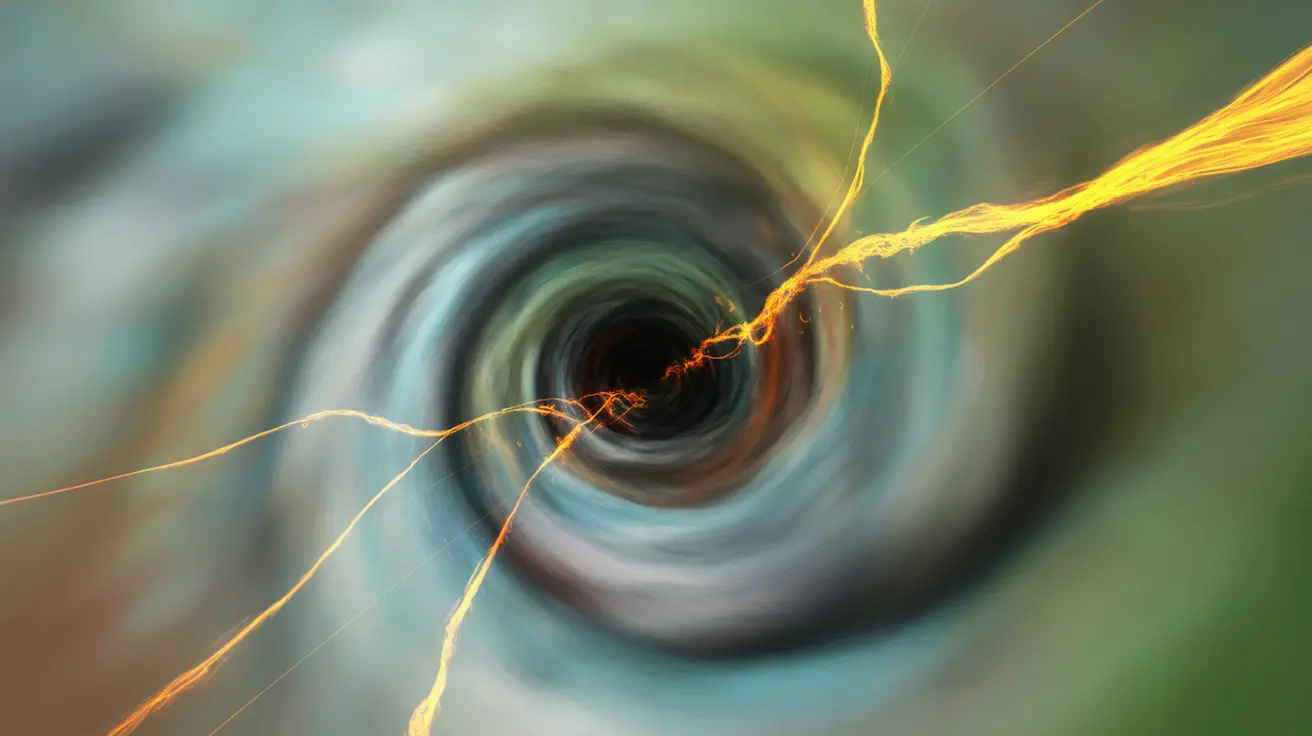If you've ever wondered why stress leaves you feeling completely drained, you're not alone. The relationship between stress and fatigue is complex, affecting millions of people worldwide. Understanding how stress impacts your energy levels is crucial for maintaining both your physical and mental well-being.
When stress becomes a constant companion in your life, it can trigger a cascade of physiological changes that directly influence your energy levels. Let's explore why stress makes you tired and what you can do about it.
The Science Behind Stress-Related Fatigue
Stress triggers your body's "fight or flight" response, releasing hormones like cortisol and adrenaline. While these hormones initially boost energy, prolonged elevation can lead to exhaustion. Your body simply wasn't designed to maintain high alert status indefinitely.
When stress becomes chronic, your adrenal glands work overtime producing stress hormones, potentially leading to adrenal fatigue. This constant hormonal activity can deplete your energy reserves and leave you feeling perpetually tired.
How Stress Impacts Your Body's Energy Systems
Physical Energy Depletion
Stress creates significant physical demands on your body, including:
- Increased muscle tension
- Elevated heart rate
- Higher blood pressure
- Accelerated breathing
- Increased metabolic rate
These physical responses require substantial energy, contributing to feelings of exhaustion and fatigue.
Mental and Emotional Drain
The psychological aspects of stress can be equally draining. Constant worry, anxiety, and mental tension consume cognitive resources and emotional energy. This mental fatigue often manifests as difficulty concentrating, reduced motivation, and overall tiredness.
The Sleep-Stress Cycle
One of the most significant ways stress affects your energy levels is through sleep disruption. Stress can make it harder to fall asleep, stay asleep, and achieve quality rest. This creates a vicious cycle: stress disrupts sleep, poor sleep increases stress, and both contribute to fatigue.
Breaking the Stress-Fatigue Connection
Immediate Relief Strategies
When stress is making you tired, try these quick energy-boosting techniques:
- Deep breathing exercises
- Short walks in nature
- Brief meditation sessions
- Gentle stretching
- Power naps (15-20 minutes)
Long-term Management Approaches
For lasting improvement in stress-related fatigue, consider these strategies:
- Regular exercise routine
- Consistent sleep schedule
- Balanced nutrition
- Stress-management techniques
- Setting healthy boundaries
- Regular relaxation practices
Frequently Asked Questions
Does stress cause fatigue and why do I feel tired all the time when stressed?
Yes, stress causes fatigue through various mechanisms, including hormonal changes, physical tension, and mental exhaustion. When stressed, your body expends extra energy maintaining the stress response, leading to persistent tiredness.
How does chronic stress affect my energy levels and overall health?
Chronic stress depletes your body's energy reserves, disrupts hormonal balance, and can lead to various health issues including weakened immunity, digestive problems, and cardiovascular concerns. It also affects sleep quality, further impacting energy levels.
What are effective ways to reduce stress-related tiredness and improve energy?
Effective strategies include regular exercise, maintaining a consistent sleep schedule, practicing relaxation techniques, healthy eating, and setting boundaries. Professional support through counseling or stress management programs can also be beneficial.
Can stress disrupt my sleep and make fatigue worse?
Yes, stress can significantly impact sleep quality by making it harder to fall asleep, causing middle-of-the-night wakings, and reducing deep sleep phases. This disrupted sleep pattern intensifies fatigue and can create a cycle of increasing stress and tiredness.
Are there physical symptoms besides tiredness that indicate stress is affecting my body?
Yes, stress can manifest through numerous physical symptoms including headaches, muscle tension, digestive issues, rapid heartbeat, sweating, and changes in appetite. These physical manifestations often accompany and compound feelings of fatigue.




